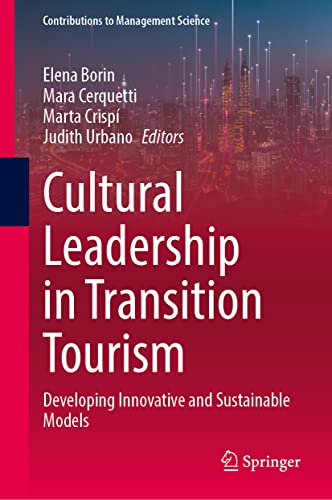

Most ebook files are in PDF format, so you can easily read them using various software such as Foxit Reader or directly on the Google Chrome browser.
Some ebook files are released by publishers in other formats such as .awz, .mobi, .epub, .fb2, etc. You may need to install specific software to read these formats on mobile/PC, such as Calibre.
Please read the tutorial at this link: https://ebookbell.com/faq
We offer FREE conversion to the popular formats you request; however, this may take some time. Therefore, right after payment, please email us, and we will try to provide the service as quickly as possible.
For some exceptional file formats or broken links (if any), please refrain from opening any disputes. Instead, email us first, and we will try to assist within a maximum of 6 hours.
EbookBell Team

4.0
6 reviewsCultural tourism has proved to be a significant source of economic development for cultural destinations, but it has also emerged as a sometimes potentially controversial and unsustainable phenomenon. The recent pandemic has also pointed out that we need different models of development of tourism, that include a more balanced approach to cultural components in cities and rural areas. Calls have been made on the need to design more sustainable models of tourism development for cultural destinations, conceiving tourism as a means to increasing the quality of life and generating economic opportunities in cities and regions by involving their communities and stakeholders. This book presents an in-depth analysis of the transition towards more sustainable models of cultural tourism development. Starting from the ongoing debate on cultural ecosystems, the book explores the potential key role of cultural and creative organizations as leaders of change. Including theoretical contributions, quantitative and qualitative analyses and international case studies, the book explores the role of cultural actors as leaders and their potential as drivers of culture-led innovation for tourism in cities and regions.